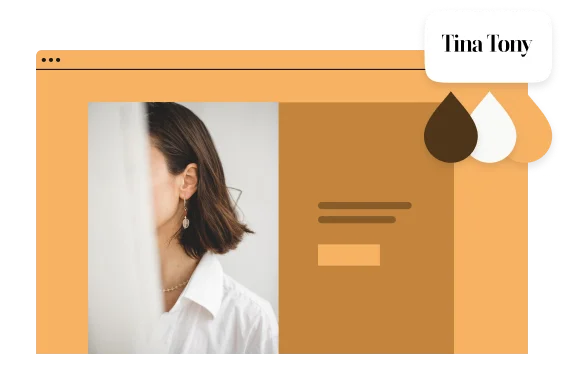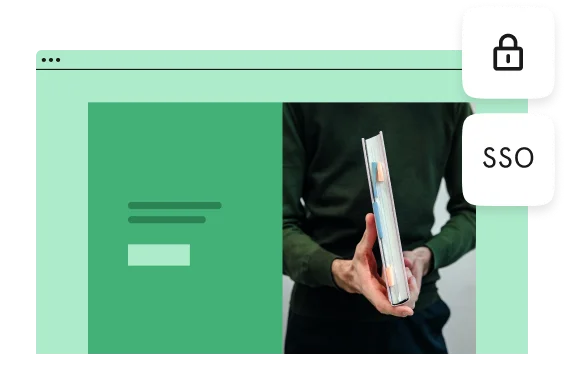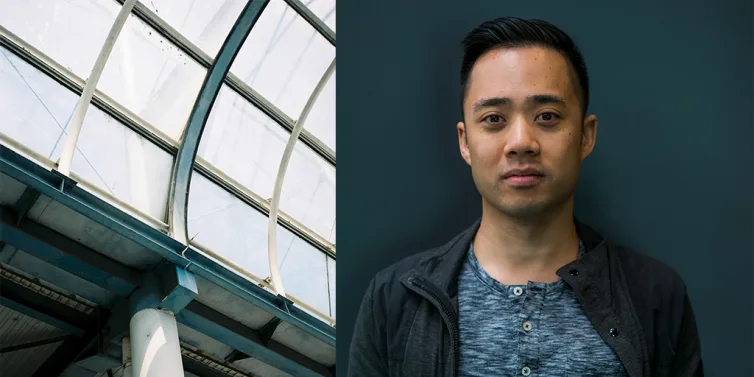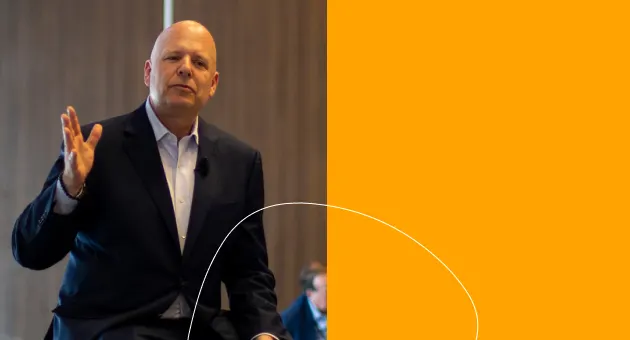Eric Siu is the CEO of the digital marketing agency Single Grain and Growth Everywhere. He also co-hosts the Marketing School podcast with Neil Patel.
I asked Eric about marketing from scratch, the ROI of his podcast, and his favorite marketing tool.
PC: If you had to start from scratch, what would be the one marketing strategy you would focus on?
ERIC: It depends on the business. I would take a step back and look at the overall space, and see what people are doing and what’s working well. I wouldn’t want to blindly jump into something and say, “This is the best channel.”
Let’s say it’s B2B, and they’re all doing Facebook ads and Twitter, but they’re not doing LinkedIn. Maybe I’d bet more on LinkedIn. Let’s say I’m selling groceries online. Right now, big grocery stores probably aren’t thinking about picture search ads, because it just came out.
So I’d look at what’s in the market, what’s new, and what’s not being done in that particular market. Then, I’d create my marketing road map 30, 60, 90 days out.
PC: How do you go about positioning a product in the market? Where do you start? What’s the first thing you look at?
ERIC: You really have to understand your unique proposition, and focus on that. A lot of people do too many things in the beginning. They try to launch all these different features, but if you do too many things at once, you’re end up being nothing to everybody.
PC: Speaking of differentiation, so much of marketing is noise. How do you really stand out from everything that’s out there?
ERIC: A lot of people are echoing each other over and over, especially in marketing. The question is, how do you put a unique spin on it? Do you take blog posts and move them into podcasts, for example?
PC: So repurposing content? But everyone doesn’t do it because it’s time consuming. Do you hire freelancers, or is this stuff that you do in-house?
ERIC: Yeah, we work well with contractors. For example, we have contractors that help us write the show notes and edit the podcasts. There’s a lot of great journalists and writers. You’ve just got to go out there and find them.
We also have internal writers. It’s a good mix, but there’s a heavy use of freelancers when it comes to producing content.
PC: You talk about using systems a lot on your podcast. You especially need them when you’re outsourcing your work. How do you set those up if you don’t have any? Are there go-to tools that you use?
ERIC: Yeah, I love Googling “templates” or “workflow templates,” or “agency templates,” and then I adjust them to fit my situation. I document everything, because it speeds up growth. It’s a plug-and-play kind of thing.
I had a meeting yesterday, and one of the guys was talking about how he does X million in revenue, and he’s talking about his process. I was like, “Great, do you have this documented so we can all take a look at it?” He said, “No, it’s all in my head.”
If you have it all in your head, you’re not able to utilize the brainpower of the group. It’s not out there for people to say, “Why don’t we modify this, or we can make changes here?” If it’s all stuck in one person’s head, it becomes difficult to grow.
PC: Great point. Let’s move on to trust. How do you build trust through your marketing efforts?
ERIC: I just got off a podcast with Sean Ellis. He talked about how he was able to build GrowthHackers into a community that has hundreds of thousands of members, with hundreds of thousands of visits a month, simply by delivering value to people.
He’s not saying, “Hey, come buy our stuff immediately.” He’s just going to keep giving out stuff until he’s top of mind.
“A lot of people want the quick win. They get lazy. You’ve got to build something for the long term. @ericosiu”
It’s simple—but it takes a lot of work.
As long as you’re helpful, and you’re consistent with it, you’re able to build trust.
PC: I notice you’re using Intercom on Single Grain. What do you think about conversational marketing or products? How do you see this playing out?
ERIC: Yeah, so I think conversational products are good, but nothing’s ever going to beat face-to-face communication.
I’ve had remote teams, I’ve had in-person teams. But the moments that matter are where you’re able to just turn around and say, “Hey, what do you think about this?”
I think that’s always going to be number one. If you want to talk about the future, maybe we’re talking 5, 10, 15 years out, where you can connect with people via virtual reality—it’s not going to replace in-person, but it does get us a lot closer.
PC: What are your go-to marketing tools?
ERIC: Ahrefs is my favorite SEO tool. I find myself looking at it every day. It’s good, because people don’t talk about SEO like they used to, it’s getting harder and harder. Now, people talk more about paid advertising, so that’s great for us.
PC: I did some research and noticed you had a lot of backlinks to your site. What’s your approach to link building?
ERIC: First, build your own link-building process. Once you have that process figured out, screencast and document it. Then you can start to recruit people to do this work for you. It’s a lot of outreach work, so interns can help with this, or contractors. Link building is a lot of unsexy grunt work.
There’s a tool called Pitchbox that makes it really easy to go about kind of managing your outreach process.
I also like using tools like BuzzSumo. Find people that have shared things, and then reach out to them. Then use the Skyscraper Technique. Build something really good, and then people will want to link to it.
A lot of people forget about link building to their top-performing posts. So we find pages that are ranking in the first few pages of Google—not necessarily in the top spot—and we’ll build like five or 10 links to those. Often times they’ll get into the top three.
PC: How do you measure your podcast’s ROI?
ERIC: Podcasts are a big part of our business. One of our podcasts generates over 560,000 downloads a month. The other one’s over 100,000 downloads a month. It took a lot of work, but it’s led to speaking opportunities, and other collaborations. It also gets us leads, which drive sales. It’s goodwill across the board.
I was reading a blog post about unsolicited response rates, or URR. These are people that are emailing you or commenting on your blog.
For example, one guy didn’t go to college, and he just got a job doing marketing because of the podcasts. He said, “Without your podcasts, I wouldn’t have been able to get this job.”
Another guy had a unprofitable business, and all of a sudden they were bringing in $200K. When you start to see things like this, especially when you’re first starting out, you know you’re moving in the right direction.
Soon you’re saying, “Here’s how many visitors I’m getting, here’s how many leads I’m getting, here’s how much revenue I’m actually closing.” It becomes more tangible.
PC: This reminds me of something. Seth Godin just had an interview with Debbie Millman and she asked, “How do you measure your impact?” He didn’t hesitate, “Anecdotes. Stories.”
ERIC: Exactly. Stories you hear from people. I remember asking one guy, “Why do you help people so much?” This was four years ago. He said, “Honestly, it feels like a drug.” When you see comments like that, it’s like, “Wow,” — it does give you a high.







